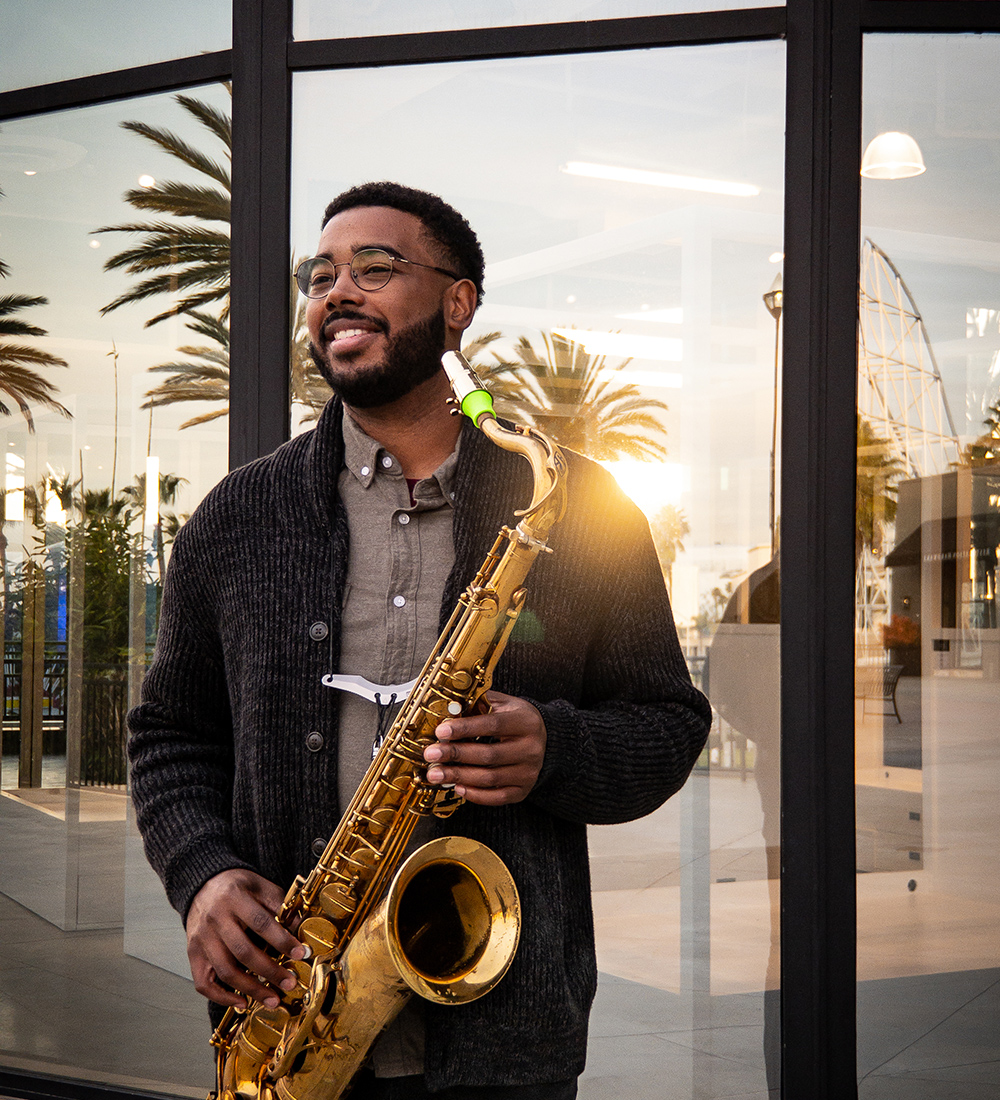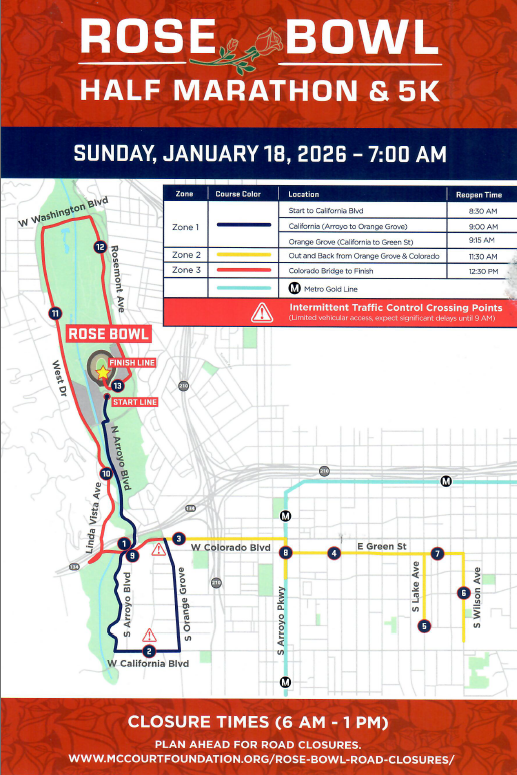
About the Episcopal Church & All Saints Church Pasadena
The Episcopal Church is the American “branch” of the Anglican Communion: a worldwide communion of churches that share the common bond of having their roots in the Church of England.
An important thing to know about the Church of England is that it emerged from the 16th century Reformation Era as a Christian church committed to being both Protestant and Catholic.
Historically, it has prioritized corporate worship and common prayer and emphasized Jesus’ teachings and his example of loving God and loving our neighbors as ourselves.
The church is the place where the people gather for public worship, prayer, singing, and celebration of sacraments (certain rites and symbols indicating God’s gracious presence among us) together. The church is also the people themselves, participating in worship, praying, singing, and celebrating.
Each individual congregation belongs to a larger governing area called a “diocese”, which is overseen by an elected bishop. All Saints Church is part of the Diocese of Los Angeles, which is overseen by Bishop John Taylor.
At the national level, the dioceses across the country elect a “Presiding Bishop” who serves as chief pastor and spokesperson for the Episcopal Church: currently Bishop Michael Curry. However, all of the people of the church—lay people, clergy and bishops—participate in the running of the business of the Episcopal Church family.
On a more day-to-day level, to be an Episcopalian means to think critically about issues through the lens of “loving God and loving our neighbors as ourselves.” The Episcopal Church is diverse, and welcomes people of all backgrounds, encouraging them to take on a wide range of responsibilities. You will find a wide range of theological opinions coming together during worship in the traditional rituals common to the Christian Church since its inception, enlivened by expansive language and enhanced by diverse music. For a more thorough introduction to the Episcopal Church, we recommend Christopher Webber’s book, Welcome to the Episcopal Church—or a visit to “What We Believe” at https://www.episcopalchurch.org/what-we-believe/.
The most powerful symbol of the inclusive love of God is the table where we receive the bread and wine made holy. At this table, we find the two most important elements in life: belonging and meaning. This is why we say at each and every service that whoever you are and wherever you find yourself on the journey of faith, you are welcome here.
All Saints’ Children, Youth & Families serves families with children from birth to 12th grade through a variety of engaging and inclusive programs.
We celebrate joyful spirituality and radical inclusivity that is embodied as we gather in community here in our programs for young people.
For more information please visit https://allsaints-pas.org/children-youth-families/.
Yes! Radical Inclusion is one of our core values at All Saints Church, and all members of the LGBTQ+ community are welcomed and celebrated as the images of God they are. We have a long history of being in the forefront of LGBTQ+ equality in the church and in the world—from blessing same-sex unions since 1992 to working against Prop 8 here in California and leading the fight for full inclusion in the Episcopal Church. For further details and educational material, please see our LGBTQ+ FAQs below and LGBTQ+ Resources pages.
Gender neutral restrooms are available in the Office Building, the Small Lounge in Regas House, the OCC trailer, and in the church building behind the chancel. They are marked on the campus map.
All Saints Church is also home to a wonderful variety of ministries. These ministries reflect both the calling of God’s spirit to this community and the particular passions and gifts of its members.
— Visit our website at www.allsaints-pas.org and go to the “I’m New Here” page and download a virtual “Welcome Bag.”
— Visit the “Welcome Table” on the lawn.
— Sign up for the Getting Connected Class – a five week class exploring the essence of All Saints Church.
All Saints is a place where people are encouraged in community to strive for health and wholeness in their lives and in the lives of their siblings everywhere. It is a place of healing and comfort; of inspiration and challenge. It is a launching platform for the healing and caring of the world and for partnering with God in the work of turning the human race into the human family.
Whoever you are and wherever you find yourself on the journey of faith you are welcome to the center of life at All Saints Church.
About Jesus, the Bible & LGBTQ+ People
No. Sins are acts that separate us from God and keep us from loving our neighbors as ourselves. Being gay is not a sin. Bullying is a sin. Being hateful to other people is a sin. Putting yourself in the place of God to judge others is a sin. Being gay is not.
The short answer is no, it does not. The handful of passages in the Old and New Testaments that talk about God condemning specific sexual acts have nothing whatsoever to do with sexual orientation and everything to do with contexts such as cultic prostitution or gang rape. To put it another way, using the Bible as a handbook on human sexuality makes as much sense in the 21st century as using it as a handbook on astronomy did in the 16th. The church got it wrong when it misused the Bible to condemn Galileo, and it gets it wrong when it misuses the Bible to condemn LGBTQ+ people.
God’s nature is to love, not to hate. We believe that what God cares about is not our sexual orientation but our theological orientation—and that the question that matters is not “who do you love?” but “do you love?” Recognizing that homophobia causes some people to project into God their own fears, prejudices, and biases against LGBTQ+ people, sometimes the best response is simply no response. It can be a challenge, but getting triggered by hate-mongers prevents us from being the change we want to see.
The same place all God’s beloved children fit in: smack dab in the center of God’s care, love, and desire for health and wholeness for every single human being. We support and affirm transgender and non-binary people in their goals of living out their God-given gender with integrity and authenticity.
Tell them that Jesus said absolutely nothing about being gay, but he said a lot of things about judging other people. Then tell them that while there is no consensus among scientists about the exact reasons that an individual develops a heterosexual, bisexual, gay, or lesbian orientation, there is a consensus that sexuality is a continuum. So the “choice” is not to be gay, straight, or somewhere in between; the “choice” is to build our own healthy relationships—and give other people the grace to build theirs.
Remind them that the First Amendment protects them in believing whatever they want to about what God does and does not bless, but it also prohibits them from using those beliefs to decide who the Constitution protects or doesn’t protect. Tell them to stop confusing their theology with our democracy. And then campaign for and donate to their opponent in the next election cycle.
They are wrong. The Constitution already protects their right to exercise their religion. It does not protect their right to impose their religion. Just as using the Bible to justify racial segregation was wrong in the 1960’s, using it to justify LGBTQ+ discrimination is wrong today.
Both. Questioning means someone who is figuring out their gender identity and/or figuring out how they want to identify their sexual orientation. Queer is not specific to sexual orientation or to gender identity but is more of an umbrella term for anything that exists outside of the dominant heterocentric narrative. While it has some history as a pejorative, it originated in the gay community and is now being reclaimed by many members of the LGBTQ+ community as self-affirming language.
You may also see the acronym LGBTQIA. The additional “IA” is added to include those who identify as intersex/intergender and asexual. Some iterations of the acronym also add a “+” sign at the end, symbolizing the inclusion of all other identities.
Yes, it’s complicated. It is also not at all surprising that as we grow in both our understanding and experience of the complicated continuum of sexual orientation and fluidity of gender identity/expression our language will grow and change as well.
Ultimately, the most important message we have to offer is that whoever you are and wherever you find yourself in the alphabet there is a place for you here.
No. If you need to pray away something, pray away homophobia. Homosexuality doesn’t need healing. Homophobia does.
God doesn’t make mistakes — but we do. And we make a mistake when we project our own narrow, binary understanding of gender onto the complex, beautifully diverse continuum of humanity God created and we are still learning to understand. It’s the same mistake we make whenever we project our own finite knowledge onto God’s infinite creativity and capacity to love. It’s the first mistake human beings made in the Garden of Eden by presuming that they could be like God by eating the fruit of the tree of knowledge. And it’s a mistake God had a response to in one of our most ancient scriptural texts — Job 38:2 “Who is this that obscures my plans with words without knowledge?” God doesn’t make mistakes — we do. So let’s not make the mistake of failing to fully embrace our transgender/nonbinary siblings wherever they fall on the continuum of gender identity.
Giving
A pledge is a financial promise, a commitment to this community and to the mission of All Saints Church.
Your pledge means that we can fulfill our promise to nurture ministries that enrich the lives of the people of this parish, our surrounding community, and the world. Ministries such as Peace and Justice – Pastoral Care/Health & Healing – Children, Youth, and Families – Music – Adult Formation and Education.
You will find that giving generously is a gift to yourself – an act of joy that feels good and feels right. Fill out a pledge card here.
We ask individuals to consider a pledge that is bold but achievable, that is for you a leadership gift.
A tithe is 10% of one’s annual income, and many people are on a journey of giving with this goal.
We ask everyone to make a pledge in the fall, during the Giving Campaign, for the following year.
Many people with fluctuating incomes choose to make a base pledge they know they can fulfill, contributing over and above that amount as circumstances permit.
You may pay your pledge with cash, checks, through automatic bank payments, a credit card, stock, IRA charitable rollovers, or from a donor advised fund.
Your pledge may be paid according to any schedule that works for you. Remember that it must be completed by December 31.
When you pledge, you will receive a set of offering envelopes. To ensure your gifts are properly credited and acknowledged, please use these envelopes when paying by cash or check. If you prefer to fulfill your pledge by credit card or to use the online banking option, please let us know.
Yes! Each year the Vestry adopts a balanced budget, based on the aggregate amount pledged, which is regularly monitored. Timely fulfillment of annual pledges is crucial if we are to sustain the ministries and programs of All Saints Church.
For more information:
By Phone: (626) 583-2772
Share this:
Upcoming Events
-
7:30am Sunday Service
February 1 @ 7:30 a.m. - 8:30 a.m. -
Forum presentation on A Beautiful Year with Diana Bulter Bass
February 1 @ 9:00 a.m. - 12:00 p.m. -
Family Room
February 1 @ 9:00 a.m. - 11:15 a.m.


